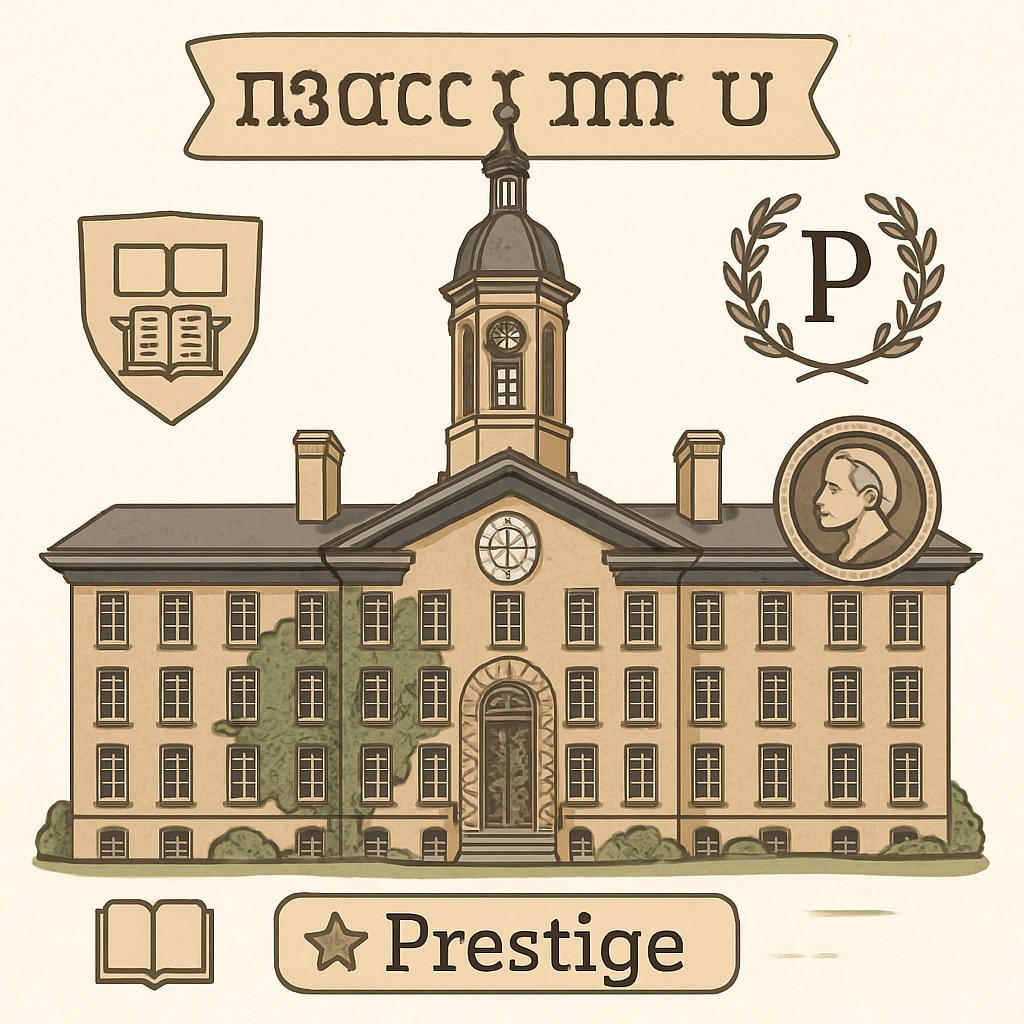Princeton University, one of the most prestigious institutions in the Ivy League, is often regarded as the pinnacle of higher education. However, is the value of this Ivy League education as extraordinary as its reputation suggests? This article delves into the gap between the public perception of Princeton and other Ivy League schools versus their actual educational value. By examining this disparity, we aim to help parents and students critically assess the allure of elite institutions and make informed decisions.
Is the Ivy League Reputation Overhyped?
The term “Ivy League” immediately evokes images of academic excellence, exclusivity, and unparalleled opportunity. However, one must ask: does the reality align with this golden image? Princeton, for instance, is celebrated for its small class sizes, world-class faculty, and extensive alumni network. Yet, critics argue that these factors alone do not justify the astronomical tuition fees or the intense competition for admission.
For example, many state universities and less-renowned colleges provide comparable educational resources, often at a fraction of the cost. Additionally, the heavy emphasis on brand recognition can overshadow the genuine quality of education and personal growth offered by these schools. While Princeton may indeed offer a unique environment, it’s worth questioning whether this is worth the premium price tag.

Measuring Educational Value Beyond Prestige
One of the biggest challenges in assessing Princeton and other Ivy League schools is determining what constitutes “value” in education. Is it the ability to secure a high-paying job after graduation? Is it access to groundbreaking research or thought leaders? Or is it the intangible prestige that comes with an Ivy League diploma?
According to a study by the Brookings Institution, the long-term financial returns of an Ivy League education are not significantly higher than those of top-tier public institutions. Moreover, a growing number of employers are focusing on skills and experience rather than alma mater, further diminishing the advantage of an Ivy League degree.
Additionally, students at Ivy League schools often face immense pressure to succeed, sometimes at the expense of their mental health. This raises another question: does the perceived prestige of these institutions come with hidden costs that outweigh the benefits?

How Should Parents and Students Approach College Selection?
Given the complexities of the Ivy League mystique, how can families make rational decisions about college? Here are some key considerations:
- Define your goals: Clearly outline what you hope to gain from higher education. Is it a specific career path, access to research opportunities, or a broad liberal arts education?
- Evaluate return on investment: Compare the cost of attendance with potential earnings and opportunities post-graduation.
- Look beyond rankings: Investigate schools based on their specific programs, faculty, and campus culture rather than relying solely on rankings.
- Consider mental health: Assess whether a high-pressure environment aligns with the student’s personality and resilience.
- Visit campuses: A campus visit can provide invaluable insight into whether a school feels like the right fit.
Ultimately, the decision should be grounded in the individual student’s needs, potential, and aspirations rather than societal expectations or the lure of a prestigious name.
Conclusion: Rethinking the Ivy League Obsession
The allure of Princeton and other Ivy League schools is undeniable, but it is crucial to separate myth from reality. While these institutions offer valuable resources and opportunities, they are not the sole gateway to success. Students and parents must critically evaluate whether the Ivy League experience aligns with their goals and values.
As higher education continues to evolve, the definition of success is expanding beyond the traditional elite schools. Perhaps it’s time to stop seeing Ivy League schools as the ultimate destination and start viewing them as one of many paths to a fulfilling and impactful life.
Readability guidance: This article maintains short paragraphs and clear transitions. Lists summarize key points, and both active voice and concise sentences enhance readability. The use of external links and images supports the discussion while adhering to SEO guidelines.


